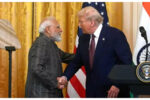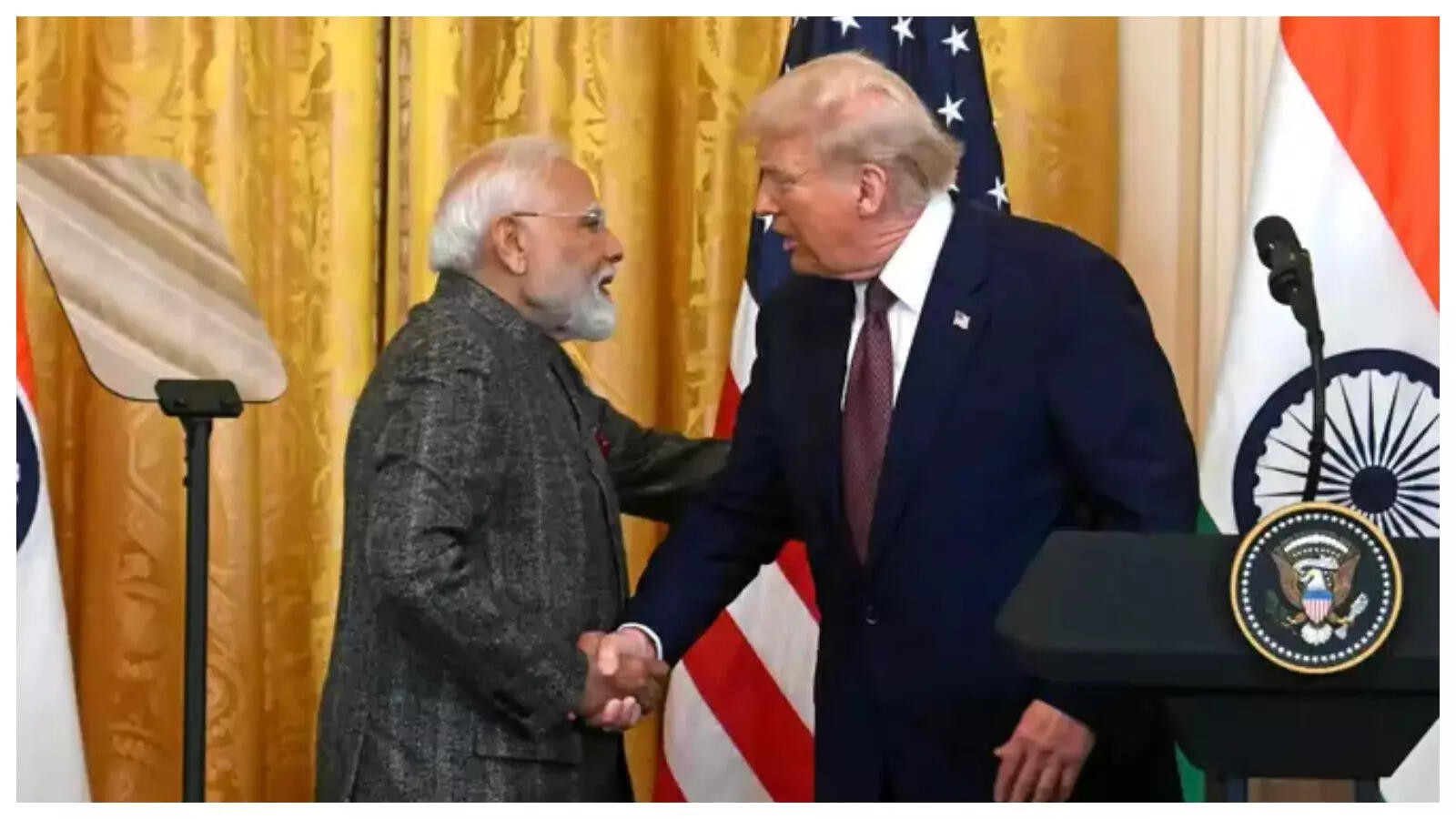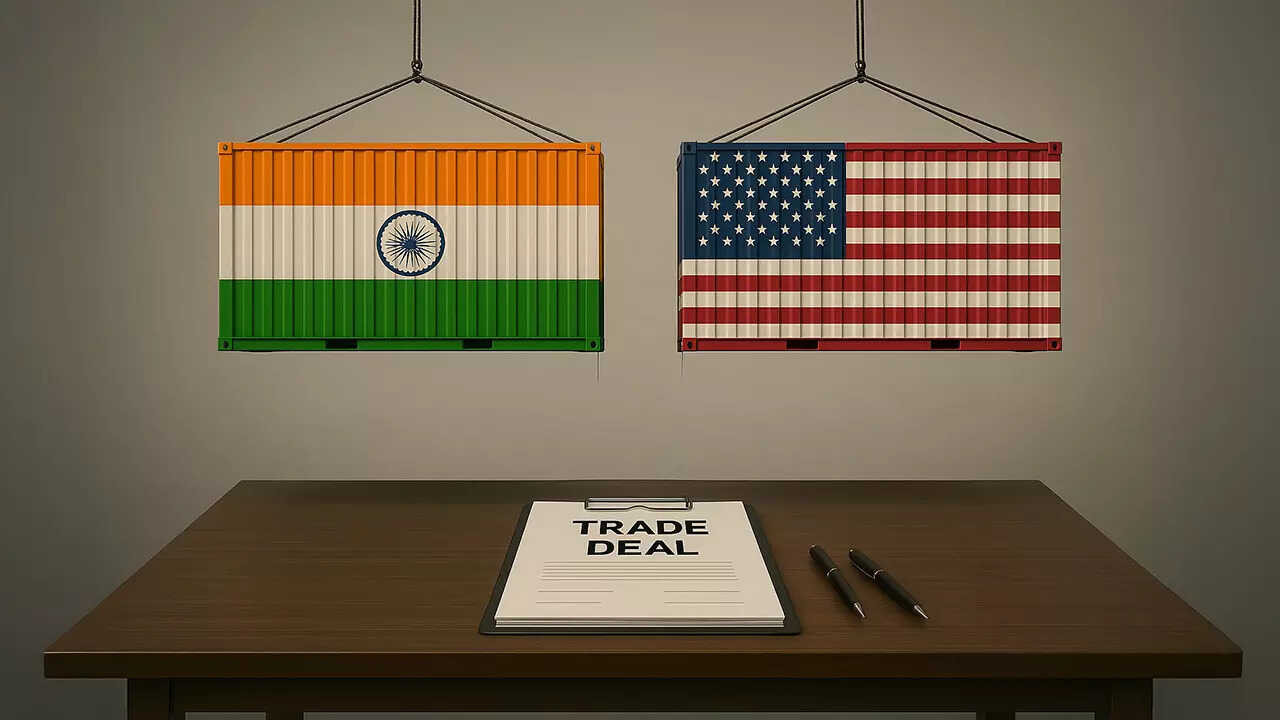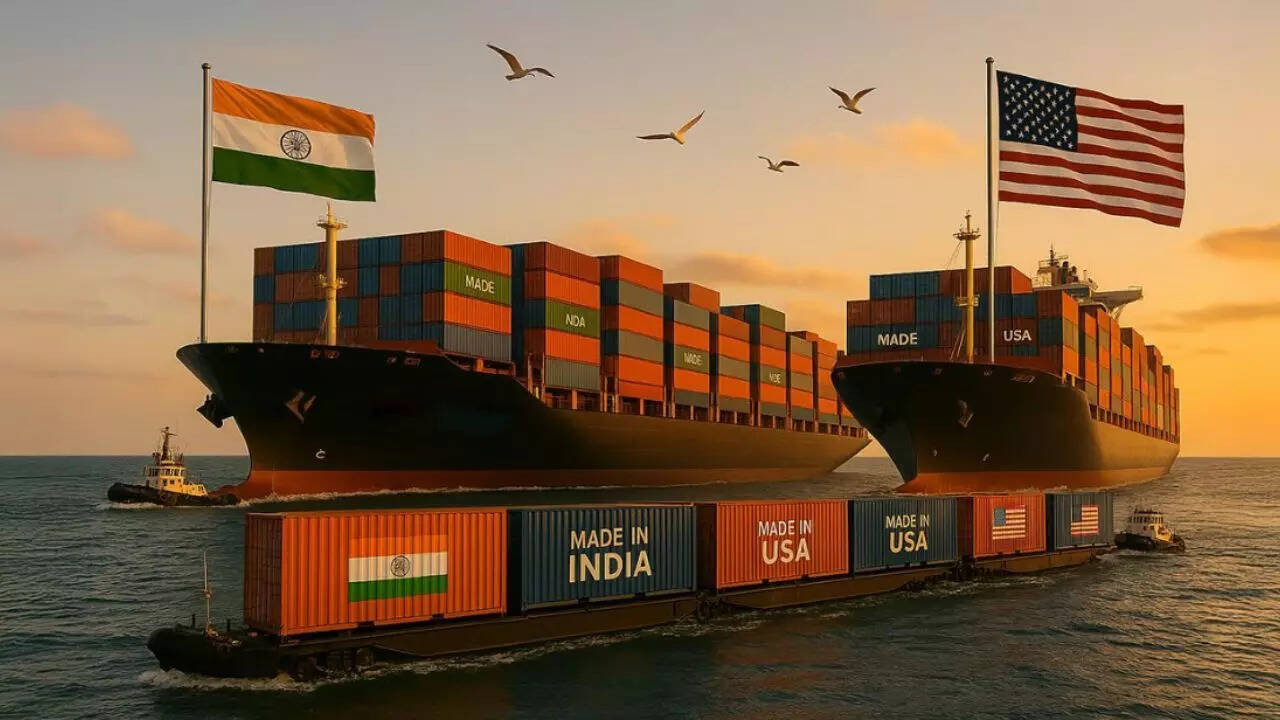India has voiced concerns at an SCO meeting about the potential weaponization of export measures, emphasizing the need for transparency and caution to avoid market distortions and supply chain disruptions. Addressing trade imbalances, India advocated for improved market access and streamlined trade facilitation processes. This comes amid concerns over China’s export restrictions affecting India’s auto and electronics industries.
Navigating the Global Trade Maze: India’s Stance on Export Measures
The world of international trade is a complex dance of tariffs, subsidies, and regulations. Recently, India has stepped forward to express concerns about the potential misuse of export measures by certain nations. It’s a move that signals a desire for a level playing field and a commitment to fair trade practices. But what exactly are these concerns, and what implications do they hold for the global economy?
India’s warning isn’t just about pointing fingers; it’s about ensuring that export measures are used responsibly and don’t unfairly disadvantage other countries. These measures, often implemented under the guise of promoting domestic industries or addressing specific economic challenges, can inadvertently distort global markets. Think of it like this: if one country suddenly starts offering massive subsidies to its steel industry, other steel producers around the world could find themselves struggling to compete, not because they’re inefficient, but because they’re up against artificially lowered prices.
The Nuances of Export Measures
Export measures themselves aren’t inherently bad. In fact, they can be legitimate tools for governments to achieve specific policy goals. For example, export restrictions might be put in place temporarily to ensure adequate domestic supplies of essential goods during a crisis. Similarly, export promotion schemes can help developing nations boost their exports and integrate into the global economy.
The problem arises when these measures are used in a way that’s inconsistent with international trade rules or when they’re implemented in a manner that disproportionately harms other countries. This is where things get murky, requiring careful analysis and diplomatic negotiation.
Why India is Concerned About the Misuse of Export Measures
India’s apprehension stems from the recognition that these measures can have far-reaching consequences. When export measures are improperly used, they can disrupt supply chains, stifle innovation, and hinder economic growth. They can also lead to trade disputes and retaliatory actions, ultimately harming the global trading system.
Imagine a scenario where a country imposes a hefty export tax on a crucial raw material. This could significantly increase the cost of production for industries in other countries that rely on that material, making their products less competitive in the global market. Such actions can undermine the principles of free and fair trade, hindering the ability of businesses to thrive and create jobs.
<img src="image-of-container-ship.jpg" alt="A large container ship symbolizing India's commitment to fair trade and responsible misuse of export measures.” width=”600″ height=”400″>
The Path Forward: Transparency and Cooperation
So, what’s the solution? India is advocating for greater transparency and cooperation in the use of export measures. This means countries should be open about the reasons behind their actions and should be willing to engage in dialogue with other nations to address any potential concerns. International organizations like the World Trade Organization (WTO) play a crucial role in facilitating this dialogue and ensuring that trade rules are followed.
Furthermore, it’s important for countries to consider the potential impact of their export measures on other economies. A more collaborative and responsible approach to trade policy can foster a more stable and prosperous global trading system for all. This ties into India’s efforts to increase its participation in global value chains. We explore strategies for achieving that goal in another article on [strengthening India’s manufacturing sector](link-to-related-article).
The Broader Implications for Global Trade
India’s stance on export measures reflects a broader trend in the global economy: a growing emphasis on fair trade practices and a recognition that protectionism can ultimately harm everyone. As countries become more interconnected, it’s increasingly important to work together to ensure that the benefits of trade are shared widely and that no one is left behind. The conversation about responsible misuse of export measures is an important one.
Ultimately, a well-functioning global trading system is essential for promoting economic growth, reducing poverty, and fostering innovation. By advocating for responsible trade policies and working collaboratively with other nations, India is playing a key role in shaping the future of international trade.
In conclusion, India’s caution against the misuse of export measures is a call for greater responsibility and transparency in international trade. A collaborative approach, guided by fairness and a long-term vision, is essential to navigate the complexities of the global market and ensure sustainable economic growth for all nations.






